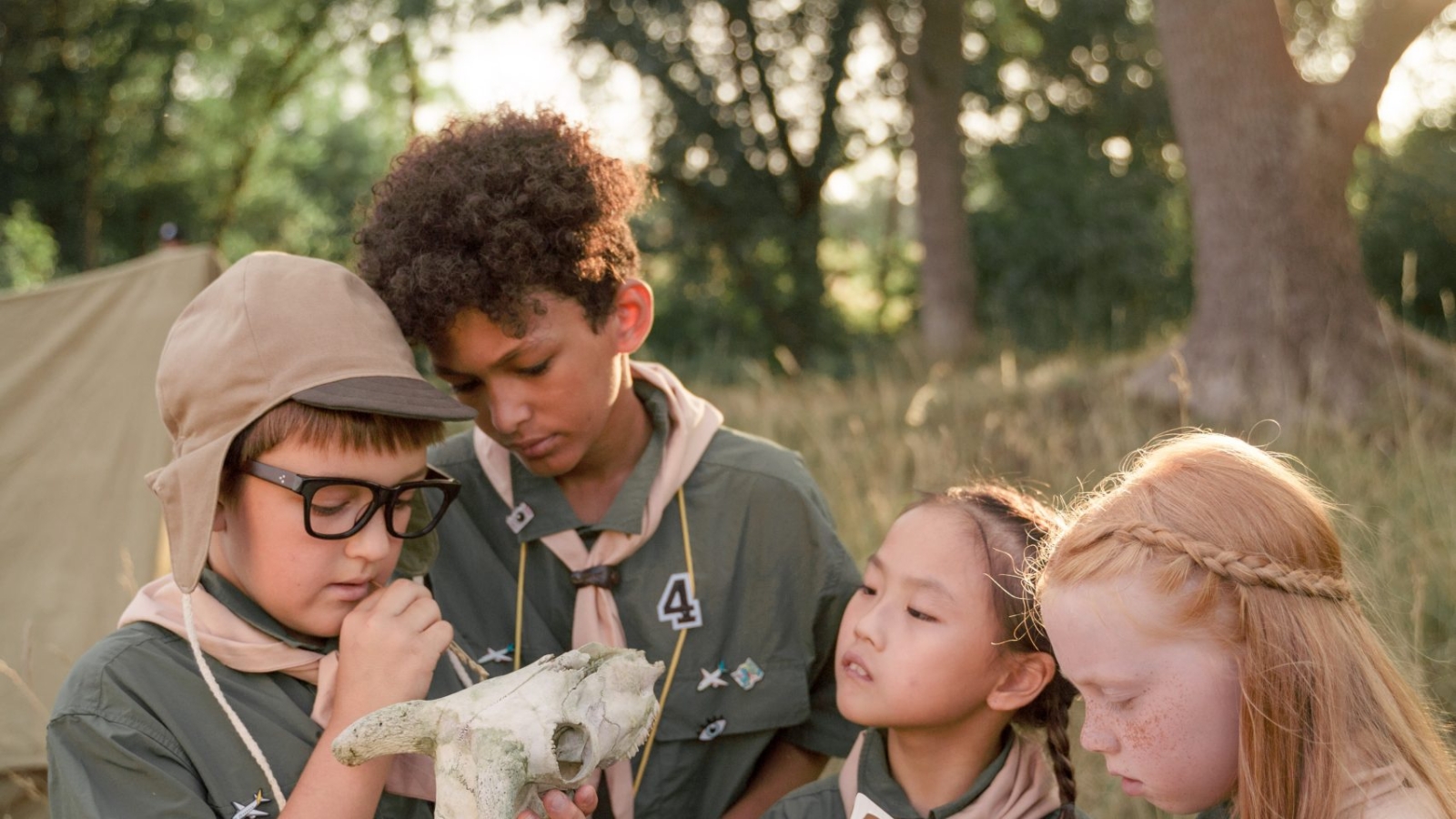Eco-Education Made Fun: Top Teaching Tactics for Greener Classrooms!
Make it hands-on: Eco-education can be made fun by incorporating hands-on activities that engage students in the learning process. Activities such as creating a classroom garden, composting, or conducting a waste audit can be great ways to teach students about sustainable practices while also making learning enjoyable.
Use games and simulations: Games and simulations are another way to make eco-education fun. There are many online games and simulations available that teach students about environmental issues such as climate change, deforestation, and pollution. Teachers can also create their own games and simulations to fit their classroom curriculum.
Create a green team: Creating a green team made up of students who are passionate about the environment can be a great way to engage students in eco-education. This team can take on projects such as recycling initiatives, energy-saving campaigns, or organizing a school-wide Earth Day celebration.
Transforming Your Classroom: Greening Up Your Teaching for a Better Future
Incorporate sustainability into the curriculum: One of the most effective ways to green up your teaching is by incorporating sustainability into the curriculum. Teachers can do this by including lessons on sustainable practices, environmental issues, and the impacts of human actions on the planet.
Use sustainable materials: Teachers can also green up their teaching by using sustainable materials in the classroom. This can include using recycled paper, non-toxic cleaning products, and energy-efficient lighting. Teachers can also encourage students to bring reusable water bottles and lunch containers to school.
Model sustainable behavior: Teachers can model sustainable behavior for their students by practicing what they preach. This can include turning off lights and electronics when not in use, conserving water, and reducing waste. Teachers can also encourage students to take on sustainable practices at home and in their communities.
In conclusion, eco-education is an important part of preparing students for a sustainable future. By making eco-education fun and incorporating sustainability into the curriculum, teachers can engage their students in the learning process and promote responsible and sustainable behavior.


Leave A Comment